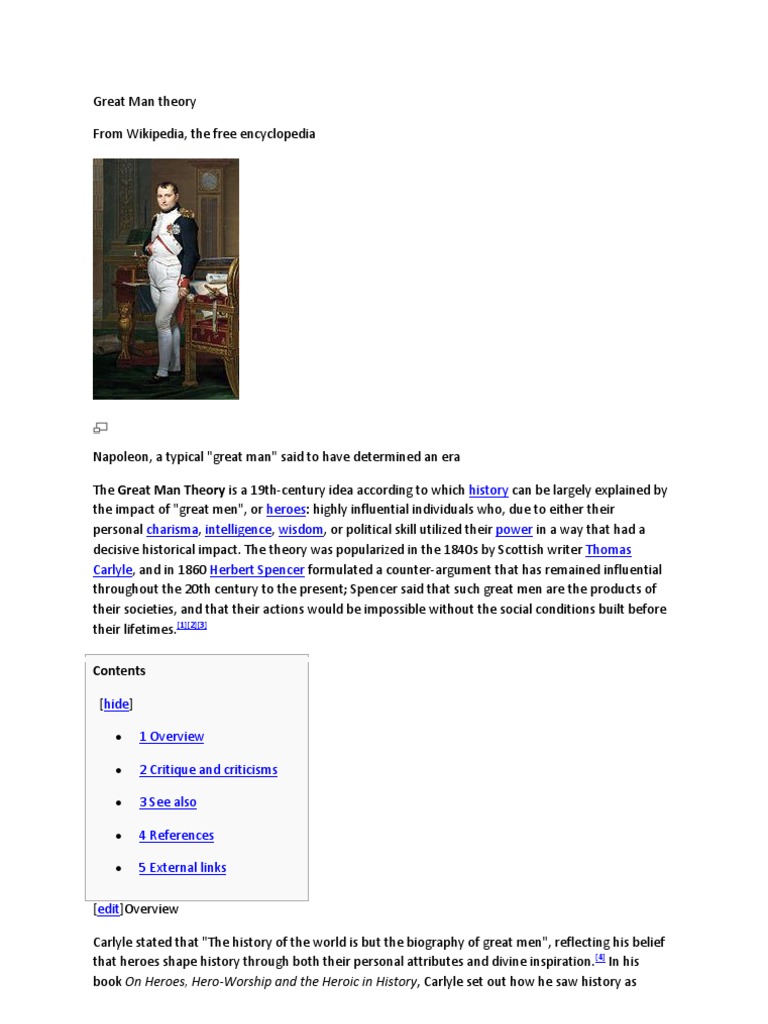The historical narrative has been predominantly shaped by the so-called “Great Man” theory, which posits that influential individuals—those of profound intellect, charisma, or authority—are the primary architects of historical progress. This perspective not only glorifies singular figures but also tends to diminish the collective input of societies and the environmental factors that contribute to historical events. However, the Bahá’í teachings present a paradigm shift that challenges this often myopic view, illuminating the importance of communal effort and the shared consciousness of humanity in shaping the course of history.
The essence of the Bahá’í Faith rests upon the interdependence of mankind, positing that individuals are but one strand within the intricate tapestry of human civilization. This perspective reframes history as a collective endeavor rather than a stage for singular giants. The teachings advocate that every person—irrespective of their status or notoriety—plays a critical role in the unfolding story of human development. Therefore, the first challenge to the Great Man Theory is the fundamental recognition of the collective as a powerful force.
The Bahá’í writings elaborate on the concept of “unity in diversity,” which suggests that the multiplicity of cultural, linguistic, and social backgrounds offers a rich tapestry of perspectives that collectively propel humanity forward. In this light, the contributions of ordinary individuals are lauded as equally vital to progress as those of celebrated leaders. Each act of kindness, every community effort, and all instances of cooperation contribute to the momentum of societal advancement. This collective agency is often overlooked in traditional historical narratives focused solely on individuals of high stature.
In examining historical movements, the Bahá’í teachings encourage an inclusive perspective that celebrates the collaborative efforts behind pivotal events. For instance, the abolition of slavery, the suffragette movements, and civil rights advancements were not merely the results of prominent leaders, but the culmination of grassroots activism and the common will of societies yearning for justice and equality. The Bahá’í perspective invites a reevaluation of history to recognize these collective actions as the true catalysts of progress, as opposed to the mere aspirations of so-called “great men.”
Moreover, the teachings underscore the notion that the contributions of individuals to history must be contextualized within their societies. Each person’s achievements are inextricably linked to the cultural, socio-economic, and political frameworks that shape their potential. The Bahá’í Faith asserts that understanding this intricate web of relationships is essential for a holistic appreciation of historical developments. Their guidance implies that in order to elevate society, it is vital to enhance the conditions for everyone rather than idolizing a select few.
One might posit that the exaltation of certain historical figures might stem from a deep-seated psychological need for relatable heroes. Yet, the Bahá’í teachings challenge this notion by advocating for a more profound model of human achievement that refrains from idolization. The focus on collective progress fosters a healthier acknowledgment of human potential and encourages individuals to engage in actions that contribute to the common good, rather than aspiring solely for personal accolades.
Moreover, Bahá’í teachings delve into the concept of the “Manifestation of God,” who serves as a pivotal figure in the evolution of spiritual and moral consciousness. While Bahá’í writings acknowledge the significance of these Manifestations—who bring forth divine guidance to humanity—they do not support the idea that these figures act alone or bear sole responsibility for societal renewal. Rather, they serve as catalysts to inspire and galvanize the dissipation of ignorance, leading to the empowerment of individuals and communities alike.
This leads to a profound realization that, rather than singular achievements illuminating the path forward, the teaching emphasizes the collaborative nature of spiritual and moral advancement. The transformative potential lies not merely within the inspirational figures who arise, but in the responsive vibrancy of the community motivated by their teachings. The emphasis on shared inspiration fosters a culture of mutual support and collaboration that is vital for true progress.
Thus, while the Great Man Theory may offer simplistic explanations for historical events, the Bahá’í perspective prompts a more nuanced investigation into the dynamic interplay of collective agency and individual impetus. The recasting of historical narratives from a singular focus on notable leaders to a broader acknowledgment of collaborative efforts serves to enrich our understanding of humanity’s journey through time.
In summary, the Bahá’í teachings intricately dismantle the exalted pedestal upon which the Great Man Theory rests, advocating instead for a view of history built upon the foundational principles of unity, collective contribution, and shared responsibility. This shift not only engenders a more inclusive understanding of our past but also cultivates an optimistic outlook for the future. By recognizing the significance of all individuals and their interwoven roles within the grand narrative of humanity, we can nurture a more profound curiosity about the potential that lies within each of us—a realization that may yet illuminate the pathways to a better world. The invitation is clear: observe and participate, for history is indeed the product of the many rather than the few, and it is from this collective wellspring that the future can be shaped.
